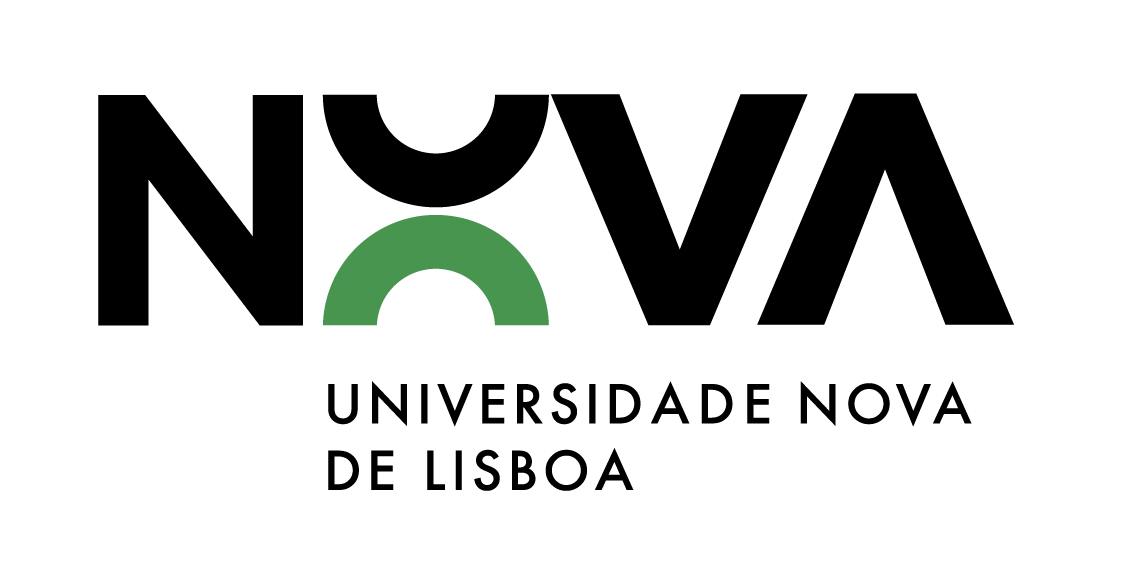Ensuring equitable access to higher education and vertical mobility between study levels is essential to improving social cohesion, equal opportunities and citizens’ quality of life. Assuming the fundamental principle that all citizens should have the opportunity to fulfill their aspirations in life, Universidade Nova de Lisboa intends to support the academic training of young people who have limited economic resources to pursue their studies, in line with its policy social support and promotion of diversity, namely through the awarding of scholarships for access to study cycles.
Note: The information below does not exempt you from consulting the Regulations for the Attribution of Scholarships for Access to Study Cycles (under review) at Universidade Nova de Lisboa, which will prevail if there is any discrepancy with the published information.
FAQ´s
Who is the Study Cycles Access Grant intended for?
This regulation covers students at Universidade Nova de Lisboa, whether national or stateless, foreigners with tax domicile in Portugal or with refugee status, enrolled in any study cycle, who are in a situation of financial need and who are not beneficiaries of scholarships awarded by the Directorate-General for Higher Education, or if this support is insufficient.
Conditions for granting the Scholarship?
1 —If the household’s per capita gross annual income, based on the IRS assessment note from the previous tax year, is in one of the following brackets:
a) Level 1 — Equal to or less than 19 times the value of the social support index (“IAS”) in force at the beginning of the academic year, plus the value of the maximum tuition fee set for the 1st cycle of studies in public higher education taken as a reference by the General Directorate of Higher Education for the purposes of awarding scholarships;
b) Level 2 — Higher than the value referred to in the previous number and less than or equal to 25 times the IAS value;
c) Level 3 — Greater than 25 times the IAS value and equal to or less than 30 times the IAS value.
2 — The student’s household is made up of the student and the following people who live with him/her in common food, housing and income:
a) Spouse or partner of the person or another member of the household;
b) Relatives and the like, in a direct line and in a collateral line, up to the 4th degree;
c) Adopters, guardians and people to whom the student is entrusted by judicial or administrative decision of entities or services legally competent for this purpose;
d) Adopted and protected by the student or any member of the household and children and young people entrusted, by judicial or administrative decision of entities or services legally competent for the purpose, to the student or any member of the household;
e) Godchildren and godparents of the student or any member of the household, in accordance with Law No. 103/2009, of September 11th.
3 — In cases where the household includes one or more minors under shared custody, duly proven through the IRS declaration, each one is considered to have half a member.
4 — Students with habitual residence outside their family of origin and who can prove:
a) Independently ensure their subsistence;
b) In the calendar year prior to the submission of the application, have earned income equal to or greater than six times the IAS in force in that year, except in cases where the income results solely from social benefits with an annual value lower than that value or even when the applicant is an orphan;
5 — Students who, proving that they do not earn income, are considered as single-person households: a) Are in institutional care, placed in the care of a private social solidarity institution or other entities financed by social security, and whose social situation is confirmed by the host institution where it is located; b) Are members of religious orders; c) Are interned in reception centers, educational or detention centers.
6 — In the case of sudden or occasional economic hardship (loss of household income, dismissal, layoff, etc.) not revealed in the IRS declaration for the most recent tax year, students must attach documentation to the application that attests to the current economic circumstances .
7 — For students of Portuguese nationality — or similar nationality for the purposes of the Regulation for the Attribution of Scholarships to Higher Education Students by the General Directorate of Higher Education — it is also a condition for the granting of the scholarship to access study cycles to apply for that scholarship for the same academic year.
8 — For stateless students or foreigners with refugee status, for whom it is not possible to verify the household income declaration, their applications will be analyzed on a case-by-case basis by the Social Action Services of Universidade Nova de Lisboa (SASNOVA).
What is the value of the scholarship?
The value of the scholarship has the following modalities, according to the levels mentioned above:
a) Level 1 — Total tuition fee for the current study cycle, previously deducted from the value of the registration fee and the value of the scholarship awarded by the General Directorate of Higher Education, when awarded;
b) Level 2 – 50% of the total tuition fee for the current study cycle, previously deducted from the registration fee;
c) Level 3 — 20% of the total tuition fee for the current study cycle, previously deducted from the registration fee.
2 — To the value of the scholarship awarded with reference to step 1, an amount may be added relating to the reimbursement of expenses related to the purpose of the scholarship awarded and whose eligibility is defined each year by order of the Director or Rector, according to budget availability .
3 — The value of the scholarship does not finance amounts relating to the application fee, registration fee, amounts associated with additional semesters, or exchanges.
Supplementary Value
1 — The displaced student receiving the grant to access study cycles may be awarded a monthly supplement, upon demonstration that the amount already supported is insufficient to cover accommodation expenses, as provided for in paragraph 2 of article 6. th
2 — The provisions of the previous paragraph are also applicable to displaced students receiving a scholarship from the Directorate-General for Higher Education.
3 — For the purposes of this article, the concept of displaced student must be understood according to the notion contained in the Regulations for the Attribution of Scholarships to Higher Education Students by the General Directorate of Higher Education.
4 — The granting of the additional amount is the responsibility of SASNOVA, who are responsible for carrying out the assessment of each specific case, with the respective allocation being conditional on the existence of a budget available for the purpose.
How can I apply for the scholarship to access study cycles?
The procedure for formalizing applications is coordinated by each organic unit. Applications are submitted via email to the address provided by each organic unit.
To renew the scholarship, the student must update the information proving the award conditions, and demonstrate evidence of academic achievement.
If I postpone, change or withdraw from my study cycle, will I still receive a scholarship?
1 – Se o estudante, por sua iniciativa, iniciar a frequência do ciclo de estudos depois da data prevista de início do mesmo, este deixa de ter direito à(s) bolsa(s) atribuída(s).
2 – Quando a alteração do ciclo de estudos, decorrente da iniciativa do estudante, implique a realização de um semestre adicional de estudos, este não será incluído no valor da bolsa.
3 — A desistência do ciclo de estudos fora do prazo estipulado para o efeito, obriga o estudante ao reembolso das verbas correspondentes à bolsa concedida, salvo decisão em contrário por parte da Universidade.
What circumstances make me lose my right to the scholarship?
- The loss, in any capacity, of the status of student at Universidade Nova de Lisboa;
- Failure to comply with the duty to communicate any change in the household’s income and conditions, which may result in the loss or change in the value of the scholarship;
- Do not communicate the accumulation of grants within 10 days of becoming aware of it, in accordance with article 17 of the regulation;
- Non-academic achievement, under the terms defined by each Organic Unit;
- Providing false statements or non-compliance with the Code of Ethics of Universidade Nova de Lisboa.
SUBMISSIONS 2024/2025
More information soon.


